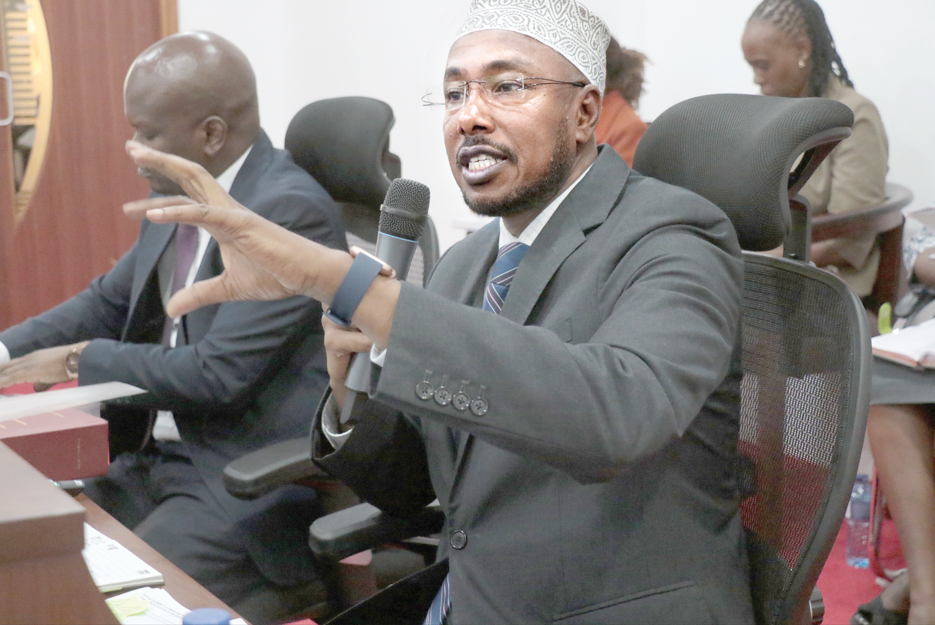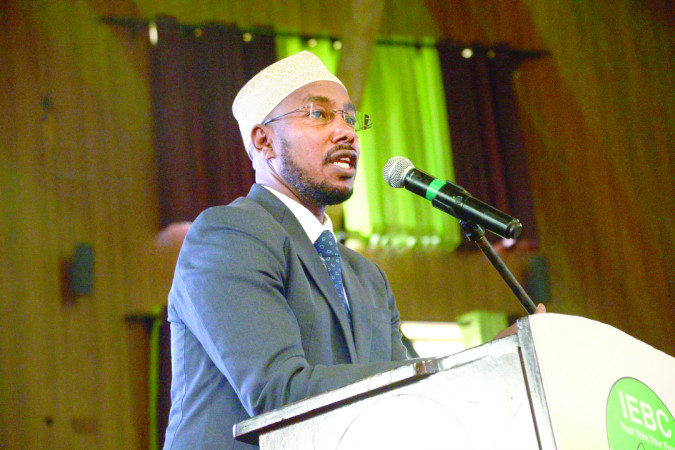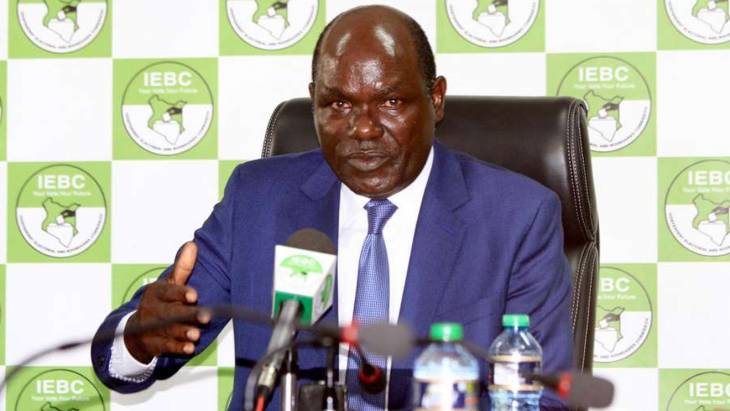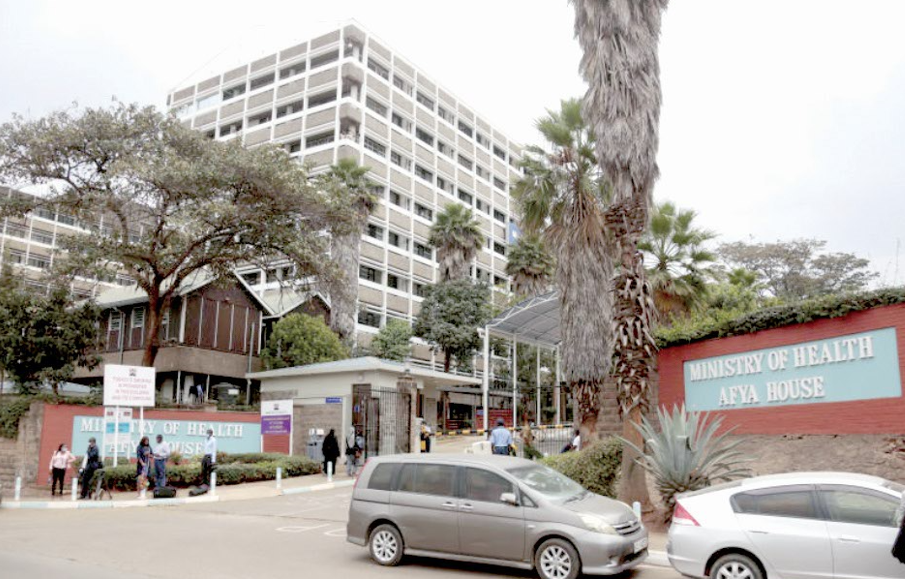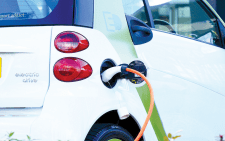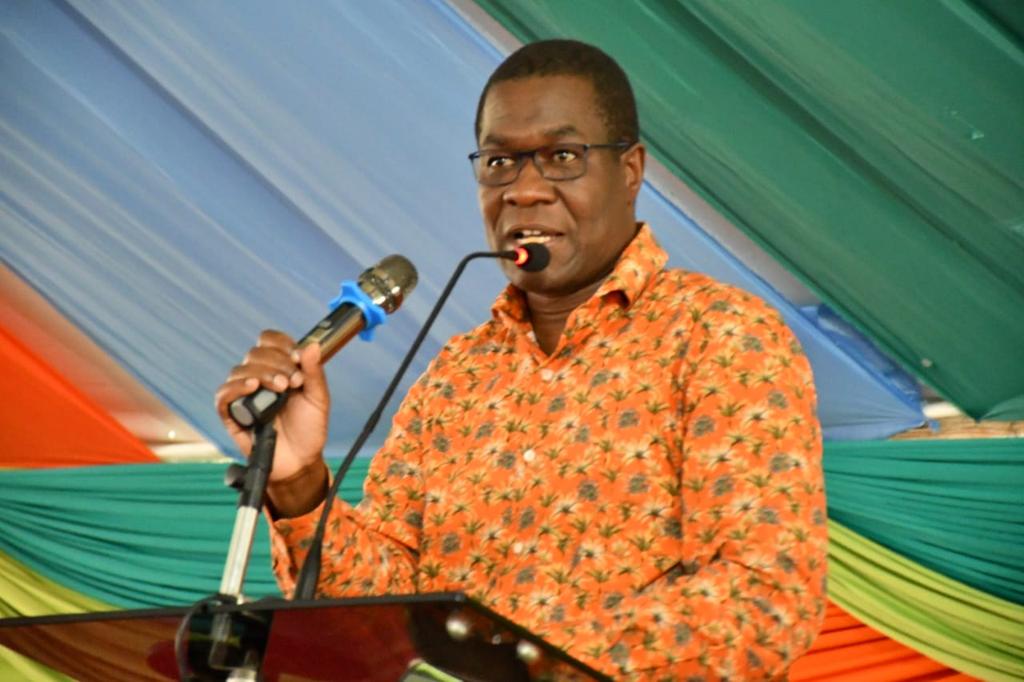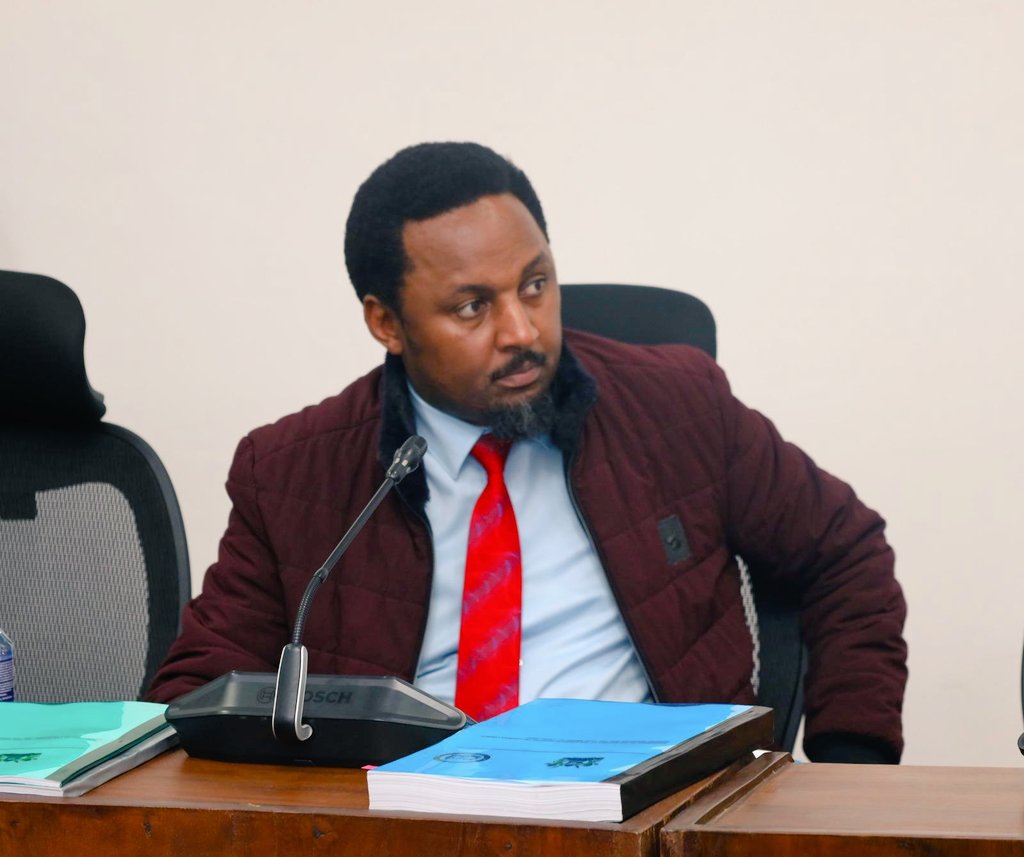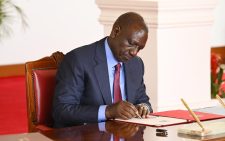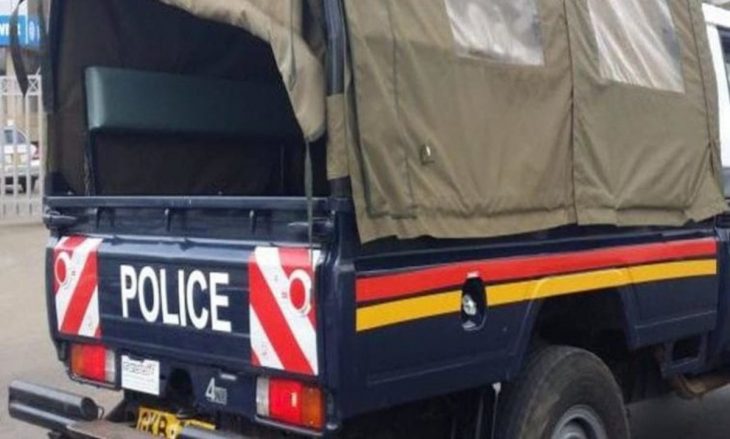Electoral body in rush to seal 2022 loopholes
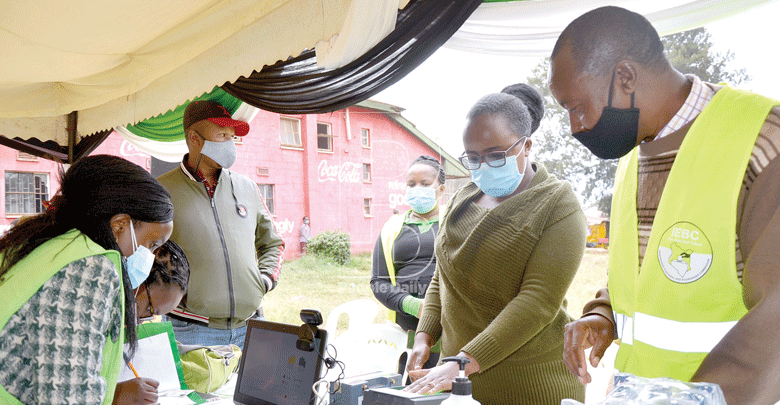
The Independent Electoral and Boundaries Commission (IEBC) is racing against time to fix all issues likely to lead to annulment of the presidential election on August 9, 2022.
Stung by the Supreme Court verdict that annulled the August 2017 presidential election, the electoral agency says the procedural tenets fingered in the ruling have been addressed but the remaining bit now lies with the Ministry of Information, Communication and Technology.
IEBC’s secretary Marjan Hussein Marjan told People Daily that 3G connectivity lies with the ICT ministry, which should ensure that all polling stations are connected to transmit presidential vote to the national tallying centre.
Marjan said the commission has addressed issues surrounding the procedures and are in the process of implementing the Elections Operations Plan (EOP) and the strategic plan.
“The responsibility of ensuring polling stations have 3G network lies with the Communication Authority (CA) of Kenya,” he said.
But even as the commission looks up to ICT to fix the connectivity issue, it admits that the 2022 polls pose a serious challenge because of inadequate funding and the Covid-19 pandemic.
“The commission has been corresponding with CA on the need to fix 3G internet connectivity which culminated in a joint meeting with them.
A taskforce made up of technical teams from both CA and Commission has been set up to handle the matter.”
Marjan said IEBC is preparing to conduct the elections under the prevailing pandemic, adding that should the situation remain constant, then the cost of the polls is likely to go up.
“The commission is cognisant of the fact that the 2022 General Election is likely to be conducted under Covid-19 environment.
The Commission has developed protocols to be used during all electoral activities and the same tested in by-elections.
The implementation of the Covid 19 protocols will definitely increase the cost of elections,” said Marjan.
Diaspora vote
It means that the poll’s body will conduct the most expensive elections in post independent history.
Already, under the Commission’s Strategic Plan 2020-2024, it has submitted that it will require Sh86.3 billion to adequately carry out its mandate including conducting referendum and delimitation of boundaries.
Under the Medium-Term Expenditure Framework (MTEF) budget, where the 2022 General Election falls, the commission requested for Sh40.3 billion before Covid-19 expenses.
“It is estimated that Covid-19 related costs will be about Sh588 million. The commission is engaging the National Treasury with a view of securing full funding,” he said.
Marjan further divulged that there are key electoral and legal reforms that they proposed to Parliament and are yet to be implemented.
Marjan says, the commission has proposed that the system of First Past the Post (FPTP) model of elections should be overhauled since it makes the elections so charged and is the precursor to violence.
“The commission is of the opinion that the cure to the current divisive electoral system is to explore other options such as Proportional Representation (PR) and Mixed Member Representation (MMR) models as they are more inclusive and result in fair representation,” reads part of the report.
In its report titled ‘Electoral Law Reform in Kenya: The IEBC Experience’ the Commission recommended that Parliament should enact legislation to give effect to the two-thirds gender representation rule provided in Article 81 of the Constitution.
“Under the current FPTP, it is difficult to realise this Constitutional requirement that not more than two-thirds of the members of elective bodies should be of the same gender.
The electoral legal reform document was sent to Parliament on October 19 last year.
The commission is now working with the Ministry of Foreign Affairs to map out Kenyans living abroad to be enlisted as voters and be able to participate in the next polls.
Marjan disclosed that one of the key issues is how the commission will enable more Kenyans in the Diaspora to vote.
“The Commission is in contact with the Ministry of Foreign Affairs to obtain data on Kenyans living in the diaspora.
The information will be used to register eligible voters to enable them progressively participate in elections,” said Marjan.
In their report, the commission had recommended that Parliament should amend the Elections Act to obligate the Commission to set up electronic systems to facilitate special registration and voting by Kenyans in prisons and those out of the country.
A KPMG audit report revealed that the voter register in 2013 and 2017 had multiple errors, which compromised the integrity of the electoral process and outcome of the results.
Save on costs
According to the KPMG report, the Independent Electoral and Boundaries Commission (IEBC) did not have ‘centralised Biometric Voter Registration (BVR) kit records showing the serial numbers by location.’
The serial numbers of many BVR kits were not embedded into the BVR system which made it hard to authenticate and easy to plug in rogue kits.
The report further showed that there was inadequate authentication and testing and insufficient auditability, connections between head office and regions lacked redundancy, returning officers were not mapped onto their constituencies and a third of Uninterrupted Power Supply (UPS) for use in case of power outages was not working.
In addition, the commission wants the government to synchronise the databases for the register of voters, the civil register as well as the register of births and deaths.
This, IEBC argues, will save on costs for data collection, but also assure the accuracy of the register.
In June the commission released the elections timelines in which it disclosed that they had only registered 149, 600 new voters since the 2017 elections, bringing the total number of eligible voters in the country to 19, 678, 885.
